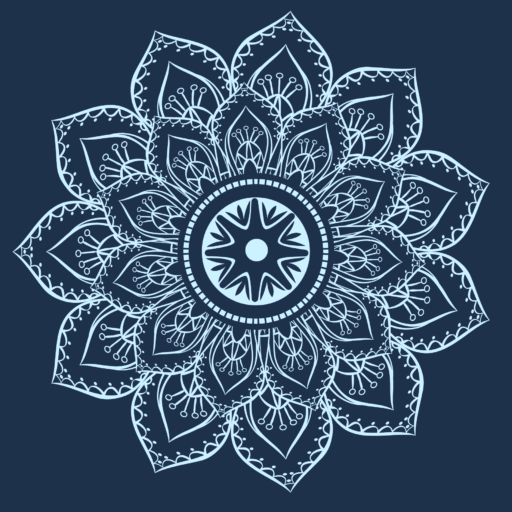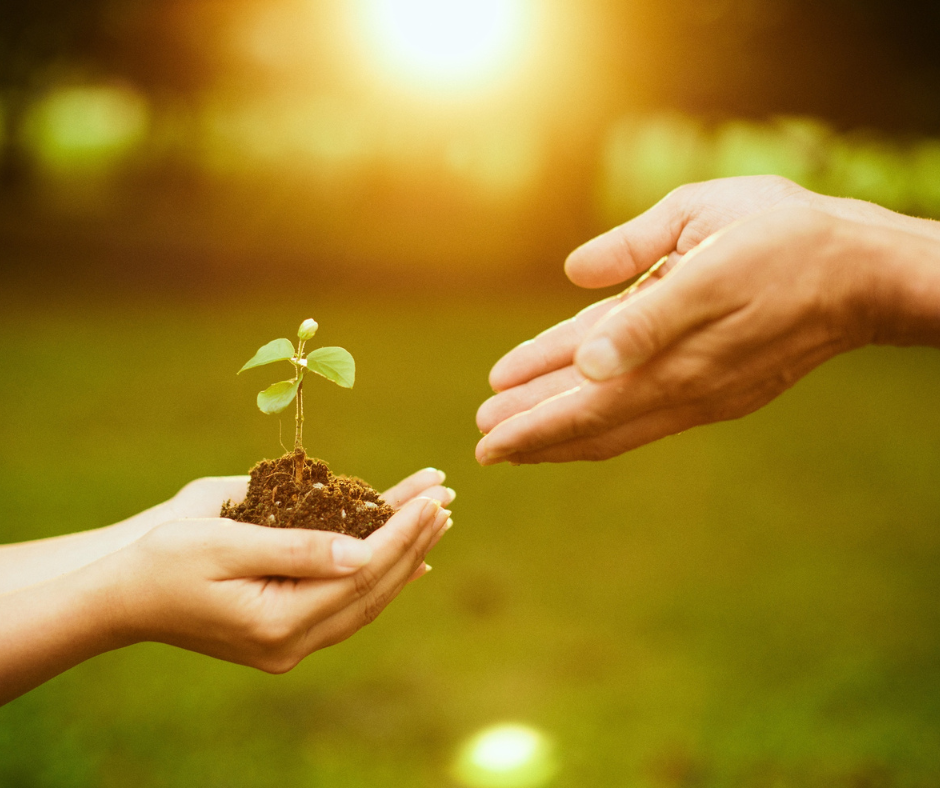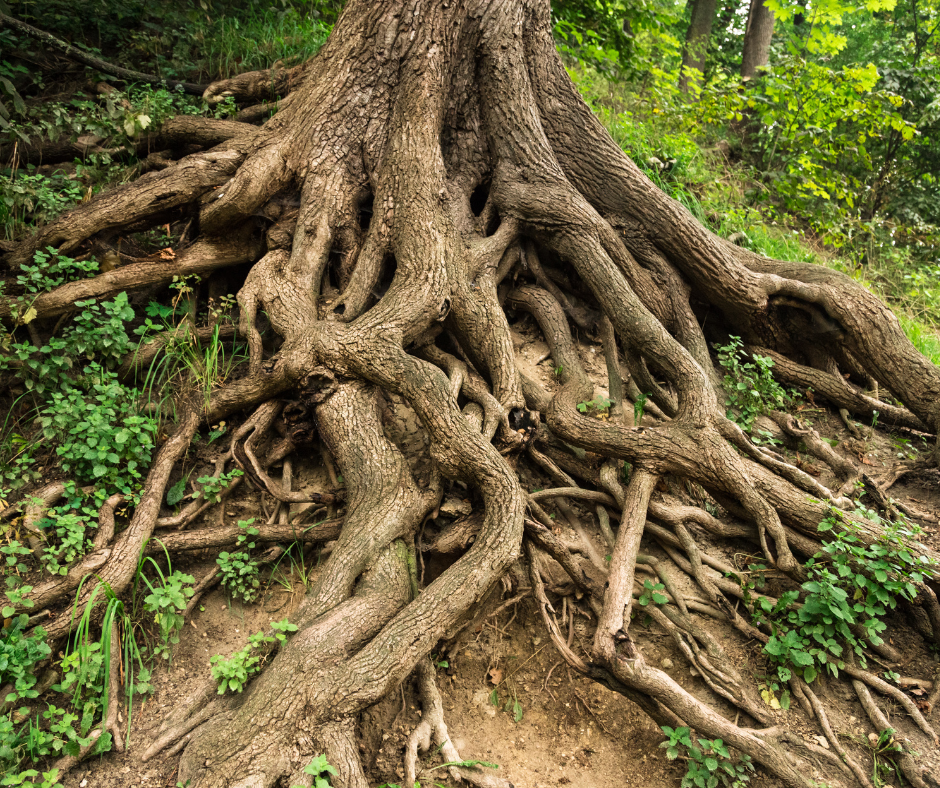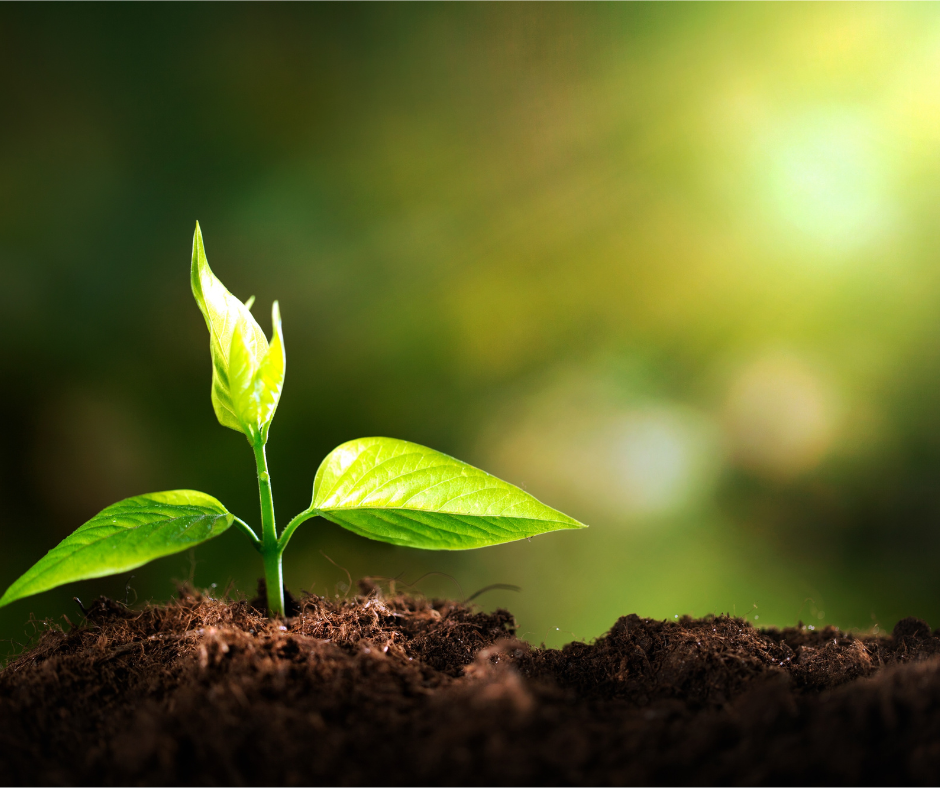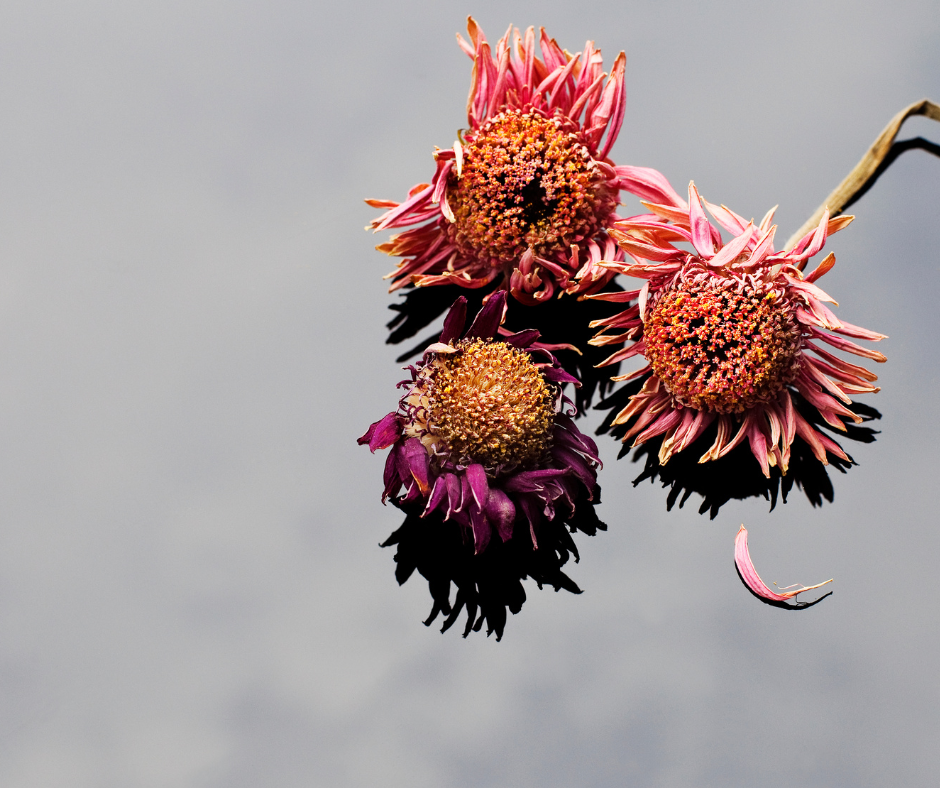It is more beneficial to perform one’s own occupational duty (sva-dharma), even though imperfectly, than to perfectly execute the duty of another (para-dharma). By performing work according to his nature, a man incurs no sin. -Bhagavad Gita
Dharma is a word we use in yoga to refer to our God given purpose in our lives.
We are all unique individuals blessed with certain gifts, talents, qualities, and values. If we endeavor to be all we can be, we must first do the vital work of knowing who we are. We must love ourselves and tap into the inner calling that comes from deep in our hearts. This is the ultimate alignment in yoga practice. Our dharma might change and evolve over the course of our lives as well. We grow, we learn, we age, and so our dharma is also a path of becoming and not static. That means we are on a constant quest to know and become always true to ourselves.
This is not easy work. We are all affected by what might bring us more wealth, or fame, or acceptance, among other outside influences and distractions from finding our soul purpose.
Being true to ourselves sometimes means being outside of what other people are doing, thinking, acting on. It might mean being subject to criticism, being misunderstood, unacceptable to others, but the price of conforming to other people’s preferences is really like being dead in a sense. The line from the Bhagavad Gita calls it a sin, or a grievous error. To deny being yourself is to be lost to yourself and depriving the world of the only you we get a chance to have here. That is a loss to everyone.
Read this poem from Rumi. Then consider closing your eyes and spending some time listening to the music of your heart. Journal on what comes to you.
Spring Giddiness
Rumi
Today, like every other day, we wake up empty
and frightened. Don’t open the door to the study
and begin reading. Take down a musical instrument.
Let the beauty we love be what we do.
There are hundreds of ways to kneel and kiss the ground.
The breeze at dawn has secrets to tell you.
Don’t go back to sleep.
You must ask for what you really want.
Don’t go back to sleep.
People are going back and forth across the doorsill
where the two worlds touch.
The door is round and open.
Don’t go back to sleep.
I would love to kiss you.
The price of kissing is your life.
Now my loving is running toward my life shouting,
What a bargain, let’s buy it.
Daylight, full of small dancing particles
and the one great turning, our souls
are dancing with you, without feet, they dance.
Can you see them when I whisper in your ear?
All day and night, music,
a quiet, bright
reedsong. If it
fades, we fade.
